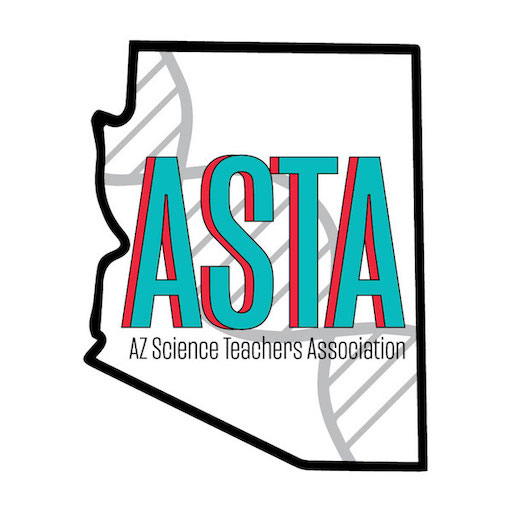Educational and Position Statements
- Evolution: Arizona Science Teacher Association supports the position that evolution is a major unifying concept in science and should be emphasized in K–12 science education frameworks and curricula. The teaching of evolution will provide a level of scientific literacy needed to be well-informed citizens and prepared for college and STEM careers. (Based upon NSTA’s Position Statement)
- Inquiry: Scientific inquiry reflects how scientists come to understand the natural world, and it is at the heart of how students learn. Arizona Science Teacher Association strongly supports the position that understanding science content is significantly enhanced when ideas are anchored to inquiry experiences. (Based upon NSTA’s Position Statement)
- Safety: Arizona Science Teacher Association supports the position that encourages K–12 school leaders and teachers to: promote and support the use of science activities in science instruction; work to avoid and reduce injury; develop safety programs that include the effective management of chemicals; and create school environments that are as safe as possible. (Based upon NSTA’s Position Statement)
- Scientific Theories and Laws: Arizona Science Teacher Association supports the position that theories are powerful tools. Scientists seek to develop theories that are firmly grounded in and based upon evidence;
- are logically consistent with other well-established principles;
- have been tested in diverse settings and against diverse data;
- explain more than rival theories; and
- have the potential to lead to new knowledge (Based upon NSTA’s Position Statement)
- Teaching of Climate Science: Arizona Science Teachers Association supports the position that the science concepts of climate change be included as part of a high quality K–12 science education. Climate change should be taught as any other established field of science, including understandings that the Earth’s climate is continuing to change, human activity contributes to increases in global temperatures, and human decisions about energy sources and land use may result in intended and unintended consequences in the Earth system. Controversies regarding climate change and human-caused contributions to climate change that are based on social, economic, or political arguments—rather than scientific arguments—should not be part of a science curriculum. (based on NSTA’s Position Statement).

